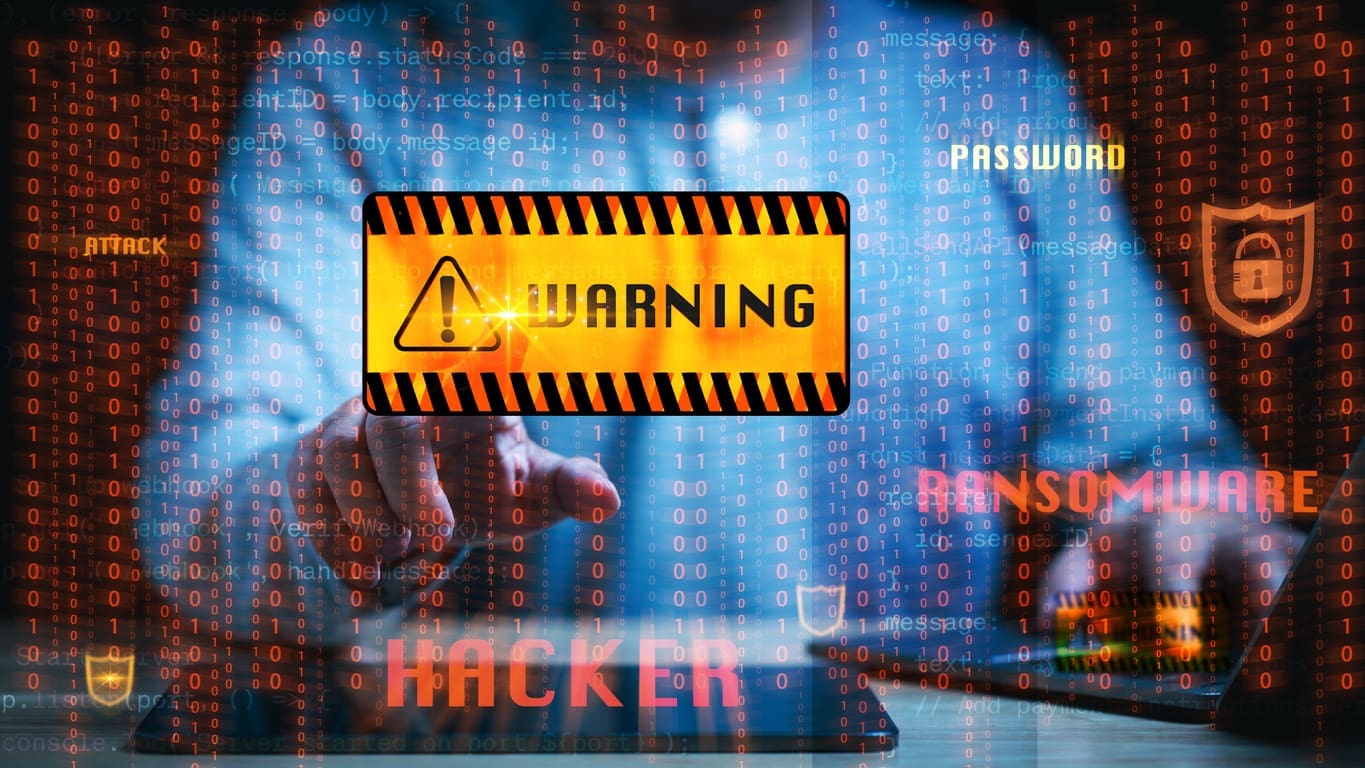As a dentist, you may be wondering does HIPAA apply to dentists. you’re always trying to provide your patients with the best possible care. But when it comes to data security and HIPAA compliance, having an organized plan of action isn’t something many dentists are accustomed to. After all, no one ever expected that college courses in cybersecurity would be part of the dental curriculum! Don’t worry—we understand how confusing and overwhelming it can be trying to learn about HIPAA rules and regulations while running a practice at the same time. That’s why we’ve come up with this blog post: To help dentists stay on top of their cybersecurity needs so they can continue providing exceptional care without compromising their patients’ privacy or incurring hefty fines from noncompliance. Keep reading for everything about what dentists need to know about HIPAA!
Does HIPAA Apply to Dentists?
Dentists should take steps to ensure that their practices remain compliant with the Health Insurance Portability and Accountability Act (HIPAA) as well as protecting their data from cyber criminals. HIPAA has a long list of security and privacy requirements that must be met in order to provide adequate protection for patient data, and dentists should be sure they understand the requirements in order to adhere to them. Cybersecurity is also an increasingly important factor in protecting dental practices, as hackers can easily target vulnerable networks and devices if proper measures are not taken. Dentists should create a cybersecurity plan that includes both technical safeguards such as firewalls and antivirus software, as well as non-technical measures such as employee education and data encryption.

Top 4 Keys for Dentists and HIPAA Compliance
HIPAA is important for dentists as it provides a standard of protection and privacy for patients’ medical information, ensuring data security and compliance with federal regulations.
- HIPAA safeguards patient records against unauthorized access or use, protecting them from misuse or theft by those who would seek to gain financial gain from such activities.
- HIPAA also creates an environment of trust between the dental practice and its patients; they know that their sensitive information is securely stored in accordance with HIPAA guidelines.
- HIPAA requires dentists to keep patient records up-to-date, complete and accurate which in turn ensures that all healthcare providers have consistent access to current medical histories when needed for diagnosis, treatment and payment . HIPAA also requires dentists to implement specific physical and technical safeguards including a secure firewall, encryption of electronic data, and limited access to patient records by authorized personnel only. HIPAA further stipulates that all dental practices must have in place procedures for responding to cyber threats such as malware or ransomware attacks, and system upgrades to ensure ongoing compliance with HIPAA regulations.
- Finally, dentists must provide regular HIPAA training to staff members who handle confidential information to ensure they understand the risks associated with handling protected health information (PHI) and how best to protect it from unauthorized access or use.
By taking these measures, dentists can better protect their patients’ data and remain compliant with HIPAA regulations. Doing so will also ensure that their dental practice is up-to-date and secure from cybercrime, safeguarding it for many years to come. By adhering to HIPAA guidelines, dentists can help to protect their patients’ confidential information and provide them with the peace of mind that comes with knowing their data is secure. HIPAA compliance also provides assurance to dental practices that they are meeting both legal requirements and industry standards for the protection of sensitive patient data. Taking these measures can go a long way in protecting individuals and businesses alike from potential harm caused by cybercrime.


Wrapping Up – Does HIPAA Apply to Dentists?
In short, HIPAA compliance is essential for any dental practice looking to remain compliant with federal regulations while providing its patients with the assurance that their data is secure. HIPAA safeguards are necessary to ensure proper physical and technical security, respond to cyber threats, and provide HIPAA training for staff members who handle confidential information. These measures will help any dental practice keep patient records up-to-date, accurate and secure from cybercrime. By taking the appropriate HIPAA measures, dentists can protect both themselves and their patients from potential harm caused by breaches of PHI.
This content has been written to provide background information on what measures dentists should have in place to be HIPAA compliant. HIPAA requires specific physical and technical safeguards such as a secure firewall, encryption of electronic data, and limited access for authorized. Consult with a trusted cybersecurity provider to ensure your practice is compliant.



